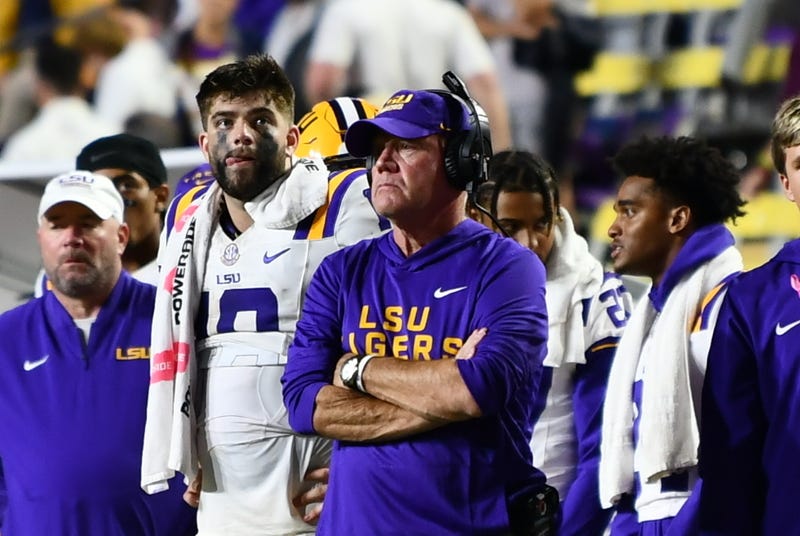
In the last 30 years, I have negotiated a handful of coaching and endorsement contracts with the LSU athletic department. Any financial analysis would indicate that paying the full buyout amount under Coach Brian Kelly's contract would significantly impact LSU's football budget, impairing allocations for Name, Image, and Likeness (NIL) programs, student-athlete support services, infrastructure projects, and facilities maintenance and improvements.
The opportunity cost (throwing good money after bad) for paying $50-$100 million puts LSU at a competitive disadvantage. In essence, LSU must pay up to $100 million before an additional dollar can be invested in the maintenance and improvement of the LSU football program. So, LSU must decide if it will attempt to mitigate the buyout by the following action(s):
Strategy #1: Require Brian Kelly to strictly comply with the mitigation clause to attempt to seek alternate employment.
LSU could attempt to require Brian Kelly to provide a monthly log of job applications submitted for new positions. If there are insufficient attempts to seek additional employment, then a reduction or non-payment of the monthly salary of approximately $800,000 per month, due through 2031, could be considered.
The downside is that another collegiate football team or media outlet could underpay Brian Kelly significantly, as it is known that LSU will pick up the remaining portion of the compensation as part of the contract.
Strategy #2: Attempt to invoke termination for cause based on personal behavior in the last four years, which has not been publicly disclosed but is privately known.
It is doubtful whether Brian Kelly has any off-the-field behavior that could trigger termination "with cause." However, it is unknown whether LSU may take a deep dive to determine whether such a possibility is viable.
I have not heard of any conduct that would trigger such a clause. Moreover, open litigation would adjudicate any claim for termination "with cause," and such a proceeding would expose the underbelly of the LSU football program.
This course of action is not a real possibility.
Strategy #3: Effectuate some mutual settlement which would reduce the tax liability for both Brian Kelly and reduce the payout for LSU.
Some creative financial arrangements could accomplish both objectives if both parties were highly motivated to effectuate them. This course of action is most likely, and Coach Kelly will receive a clean break from LSU, avoiding the need to extend the payments through 2031.
In the future, athletic directors will be far more judicious in extending these large contracts to proven football coaches. Many athletic directors will take the Texas A&M (Mike Elko) or Clemson (Dabo Sweeney) approach with up-and-coming assistants or mid-major head coaches who would crawl over glass to become the head coach at a university like LSU. Unfortunately, the legacy of LSU Athletic Director Scott Woodward may be seen as the dispenser of dead money for college coaches who were hired for extraordinary compensation beyond their appointed time.
Doug Sunseri is the host of "All Things Legal" on Sunday mornings on AM/FM/Audacy.com and managing attorney for The Sunseri Law Firm, LLC, and has worked in the professional and college sports industry for the past 37 years.
